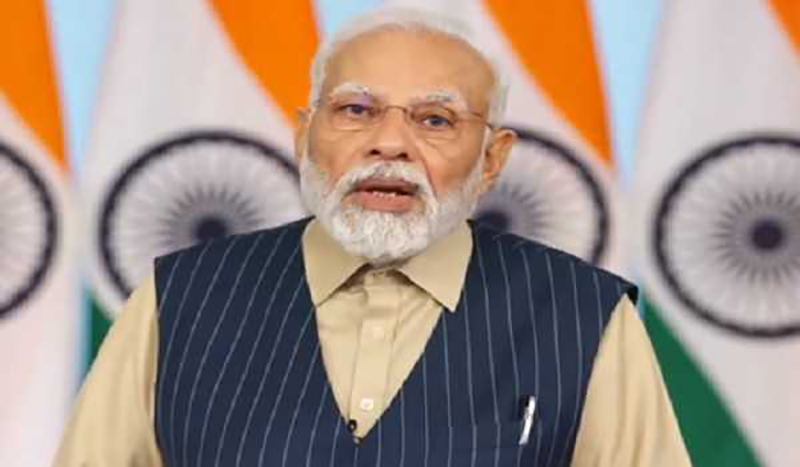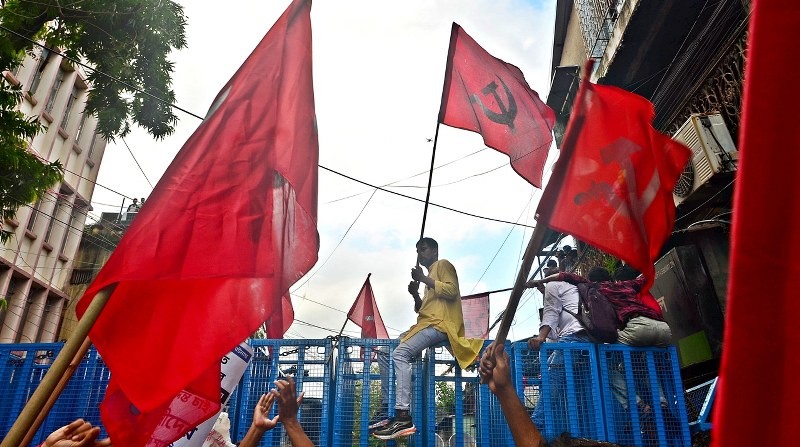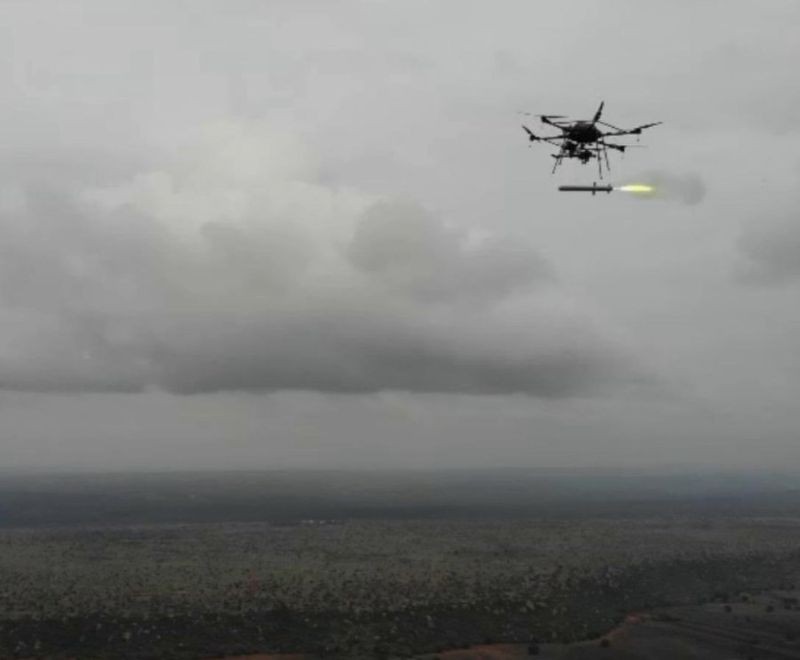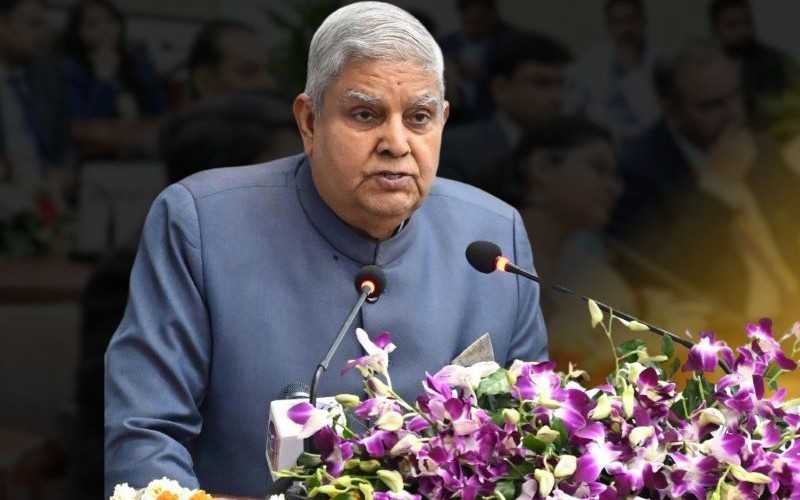G20 meet: PM Modi seeks consensus on resilient digital economy to tackle security threats

Bengaluru/UNI: Noting that the digital economy will face security threats and challenges as it spreads globally, Prime Minister Narendra Modi on Saturday pointed out that it is important to build consensus on the G20 high-level principles for a secure, trusted, and resilient digital economy.
'Technology has connected us like never before. It holds the promise of inclusive and sustainable development for all," he said, addressing the G20 Digital Economy Ministers’ Meeting held here via video message.
He emphasised that G20 nations have a unique opportunity to lay the foundations for an inclusive, prosperous, and secure global digital future.
Modi noted that financial inclusion and productivity can be advanced through digital public infrastructure.
He suggested promoting the use of digital technology by farmers and small businesses, establishing the framework to build a global digital health ecosystem, and developing a framework for the safe and responsible use of artificial intelligence.
He emphasized that an entire ecosystem of technology-based solutions can be built to address the challenges faced by humanity.
"All it needs from us are the four Cs: conviction, commitment, coordination, and collaboration," the Prime Minister concluded as he expressed confidence that the working group will take us forward in that direction.
The Prime Minister credited the launch of the Digital India initiative in 2015 for the unprecedented digital transformation that has taken place in India over the last nine years.
He underlined that India’s digital transformation is powered by its unshakeable belief in innovation and its commitment to speedy implementation while also being motivated by the spirit of inclusion, where no one is left behind.
Highlighting the scale, speed, and scope of this transformation, Modi mentioned India’s 850 million internet users, who enjoy some of the cheapest data costs in the world.
Modi touched upon leveraging technology to transform governance and make it more efficient, inclusive, faster, and transparent, and gave the example of Aadhaar - India’s unique digital identity platform covering more than 1.3 billion people.
He mentioned the JAM trinity—Jan Dhan bank accounts, Aadhaar, and mobile—that have revolutionised financial inclusion and the UPI payment system, where nearly 10 billion transactions take place every month, and 45 percent of the global real time payments happen in India.
The Prime Minister also threw light on the Direct Benefits Transfer, plugging leakages in the system and saving over 33 billion dollars.
Referring to the CoWIN portal that supported India's Covid vaccination drive, Modi informed that it helped in the delivery of over 2 billion vaccine doses along with digitally verifiable certificates.
Modi also touched upon the Gati-Shakti platform, which uses technology and spatial planning to map infrastructure and logistics, thereby assisting in planning, reducing costs, and increasing the speed of delivery.
The Prime Minister further highlighted the Government e-Marketplace, an online public procurement platform that has brought transparency and probity into the process, and the Open Network for Digital Commerce, which is democratizing e-commerce.
"Fully digitised taxation systems are promoting transparency and e-governance", he added. The Prime Minister also mentioned the development of Bhashini, an AI-powered language translation platform that will support digital inclusion in all the diverse languages of India.
"India's digital public infrastructure offers scalable, secure, and inclusive solutions for global challenges," the Prime Minister remarked.
Noting the incredible diversity of the country, the Prime Minister emphasised that India has dozens of languages and hundreds of dialects. He further added that it is home to every religion and innumerable cultural practices from around the world.
"From ancient traditions to the latest technologies, India has something for everyone," the Prime Minister asserted.
With such diversity, he continued, India is an ideal testing lab for solutions. He underlined that a solution that succeeds in India can be easily applied anywhere in the world.
The Prime Minister made evident that India is ready to share its experiences with the world and gave the example of the CoWIN platform being offered for global good during the Covid pandemic.
He underlined that India has created an online Global Public Digital Goods Repository - the India Stack) to ensure that no one is left behind, especially those from the Global South.
The Prime Minister expressed satisfaction that the working group is creating a G20 virtual global digital public infrastructure repository and underlined that progress on the Common Framework for Digital Public Infrastructure will help create a transparent, accountable, and fair digital ecosystem for all.
He also welcomed the efforts to develop a roadmap to facilitate cross-country comparison of digital skills and set up a virtual centre of excellence on digital skills. He said these are important efforts to meet the needs of a future-ready workforce.





